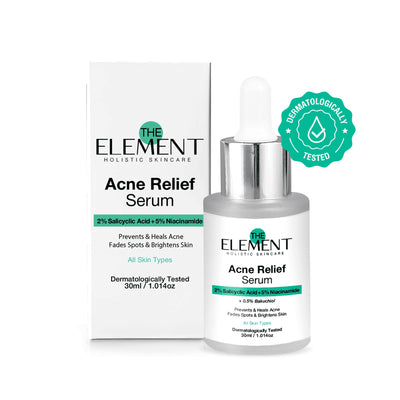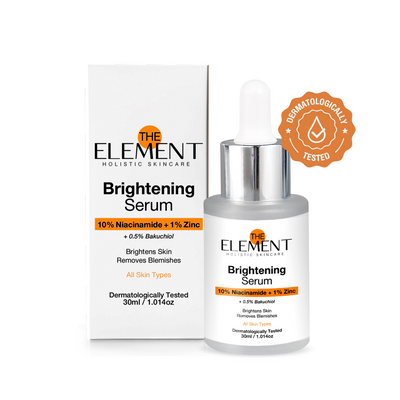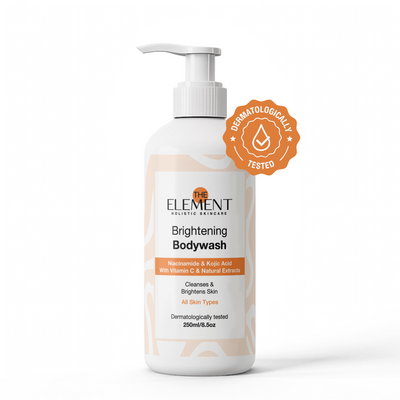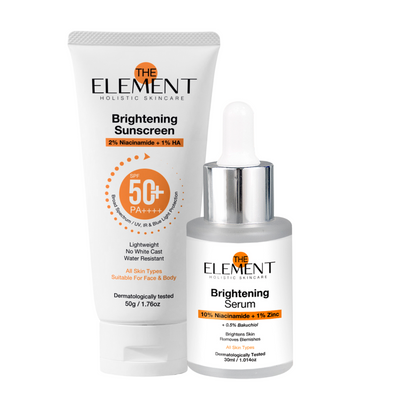Comedones: Causes, Treatments, and Prevention

Introduction: What Are Comedones?
Comedones are a common type of acne that many people experience at some point in their lives. These small, clogged pores can appear on the face, back, or other areas of the body, and they are often a source of frustration for those seeking clear skin. Whether you’re searching for comedones meaning, comedones treatment, or comedones on face, this article will provide a detailed guide to understanding and managing comedones effectively.
What Are Comedones? Meaning and Types
Comedones Meaning
Comedones are small bumps that form when hair follicles become clogged with oil, dead skin cells, and debris. They are a hallmark of acne and can be classified into two main types:
- Open Comedones (Blackheads): These occur when the clogged pore remains open, and the debris inside oxidizes, turning black.
- Closed Comedones (Whiteheads): These occur when the clogged pore is covered by a thin layer of skin, resulting in a white or flesh-colored bump.
Comedonal Acne
Comedonal acne refers to a type of acne dominated by comedones. It is often less inflamed than other forms of acne but can still be persistent and challenging to treat.
Causes of Comedones
Understanding the causes of comedones is essential for effective prevention and treatment. Here are some common factors:
1. Excess Oil Production
Overactive sebaceous glands produce too much oil, which can clog pores and lead to comedones.
2. Hormonal Changes
Hormonal fluctuations during puberty, menstruation, or pregnancy can increase oil production, making comedones more likely.
3. Poor Skincare Habits
Using heavy, pore-clogging products or failing to cleanse the skin properly can contribute to comedones.
4. Dietary Factors
High-sugar or high-fat diets may exacerbate acne, including comedones.
5. Genetics
A family history of acne can increase the likelihood of developing comedones.
6. Environmental Factors
Exposure to pollution, humidity, or certain chemicals can clog pores and lead to comedones.
Symptoms of Comedones
Comedones are typically small, raised bumps that may or may not be inflamed. Key symptoms include:
- Blackheads or whiteheads on the face, back, or chest
- A rough or uneven skin texture
- Non-painful bumps that may become inflamed if bacteria are introduced
If comedones persist or worsen, it’s advisable to consult a dermatologist for professional advice.
Treatments for Comedones
Treating comedones requires a combination of skincare, lifestyle changes, and, in some cases, medical intervention. Here are some effective treatments:
1. Over-the-Counter Products
- Salicylic Acid: Helps exfoliate the skin and unclog pores.
- Benzoyl Peroxide: Reduces bacteria and prevents inflammation.
- Retinoids: Promote cell turnover to prevent clogged pores.
2. Prescription Medications
For severe or persistent comedones, a dermatologist may recommend:
- Topical Retinoids: Such as tretinoin or adapalene.
- Oral Medications: Including isotretinoin for severe cases.
3. Professional Treatments
- Chemical Peels: Use acids to exfoliate the skin and clear comedones.
- Microdermabrasion: Removes the outer layer of skin to improve texture.
- Extraction: A dermatologist can manually remove comedones using sterile tools.
4. Home Remedies
- Steam Treatment: Opens up pores and makes it easier to remove blackheads.
- Clay Masks: Absorb excess oil and unclog pores.
- Tea Tree Oil: A natural antibacterial agent that can help reduce comedones.
Skincare Products and Ingredients: What to Use and What to Avoid
When managing comedones, choosing the right skincare products is crucial. Here’s a guide:
Ingredients to Use
- Salicylic Acid: Helps exfoliate the skin and unclog pores.
- Niacinamide: Reduces oil production and soothes the skin.
- Hyaluronic Acid: Keeps the skin hydrated without clogging pores.
- Clay or Charcoal: Absorbs excess oil and detoxifies the skin.
- AHAs and BHAs: Exfoliate the skin and prevent clogged pores.
Ingredients to Avoid
- Heavy Oils: Such as coconut oil, which can clog pores.
- Fragrances: May irritate sensitive skin and exacerbate acne.
- Alcohol-Based Products: Can dry out the skin and lead to overproduction of oil.
- Comedogenic Ingredients: Check labels for non-comedogenic products.
Recommended Skincare Routine
- Cleanser: Use a gentle, salicylic acid-based cleanser to remove dirt and oil.
- Exfoliant: Incorporate a chemical exfoliant 2-3 times per week.
- Moisturizer: Opt for a lightweight, non-comedogenic moisturizer.
- Sunscreen: Protect your skin with a broad-spectrum, oil-free sunscreen.
Prevention Tips for Comedones
Preventing comedones involves maintaining a consistent skincare routine and adopting healthy habits. Here are some tips:
- Wash your face twice daily with a gentle cleanser.
- Avoid touching your face with dirty hands.
- Use non-comedogenic skincare and makeup products.
- Stay hydrated and eat a balanced diet.
- Manage stress through relaxation techniques or exercise.
Conclusion: Take Control of Your Skin Health
Comedones are a common skin concern, but with the right knowledge and approach, they can be effectively managed. By understanding their causes, symptoms, and treatments, you can take proactive steps to achieve clear, healthy skin. If you’re struggling with persistent comedones, consult a dermatologist for personalized advice.
Call-to-Action: If you found this article helpful, share it with friends or leave a comment below. For more skincare tips and insights, explore our related content!
FAQ: Common Questions About Comedones
1. What are comedones?
Comedones are small, clogged pores that can appear as blackheads or whiteheads.
2. How can I treat comedones?
Use products containing salicylic acid, benzoyl peroxide, or retinoids, and maintain a consistent skincare routine.
3. Are comedones the same as acne?
Comedones are a type of acne, but they are typically less inflamed than other forms.
4. Can diet affect comedones?
Yes, a diet high in sugar or unhealthy fats can contribute to comedones.
5. When should I see a dermatologist for comedones?
If comedones are persistent, worsening, or causing distress, consult a dermatologist for professional treatment.








